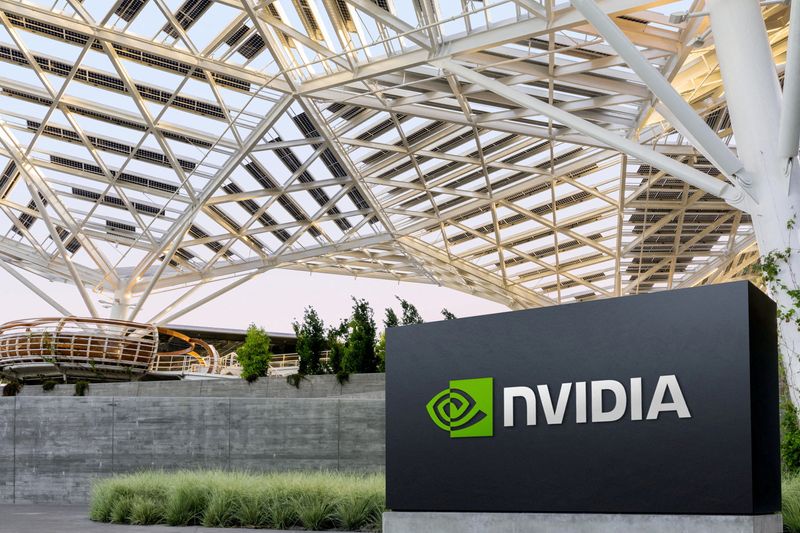Nvidia (NASDAQ:NVDA)'s upcoming earnings report represents an "underpriced risk" for the broader market, according to analysts at Bank of America (NYSE:BAC).
While recent market attention has been focused on Federal Reserve Chair Jerome Powell's dovish tone at Jackson Hole and the potential for rate cuts, BofA warns that investors may be overlooking the impact that Nvidia's results could have on equity indices.
"Nvidia results have been a key driver of equity indices," BofA notes, emphasizing that any disappointment in the company's performance could have a significant ripple effect on the market.
Despite the market's current optimism, BofA believes that investors are not adequately pricing in the potential downside risks associated with Nvidia's earnings.
To hedge against this risk, BofA suggests that "S&P put spreads offer better protection than NVDA-based hedges," particularly because the S&P 500's vulnerability to shocks tends to cluster.
The firm points out that the entry point for these put spreads benefits from the "fastest ever VIX retracement and steeper skew," making S&P options relatively cheaper compared to Nvidia options in past earnings seasons.
BofA also highlights that the broader market is in the "early innings of an AI arms race," with hyperscalers spending $52 billion in the second quarter alone, a 54% year-over-year increase.
This massive investment in AI underlines the importance of Nvidia's earnings, as the company is a major player in this space.
While the Magnificent 7 tech giants have driven much of the S&P 500's growth, BofA observes that "earnings are broadening out" across other sectors, which could help cushion the market from any potential Nvidia-related shocks.
However, the firm maintains that the risks surrounding Nvidia's earnings are still underappreciated by the market.
